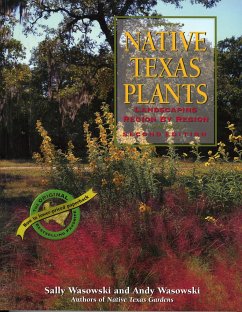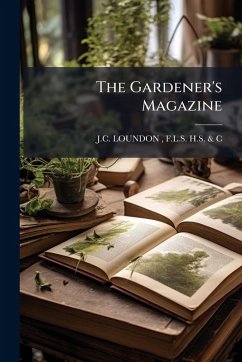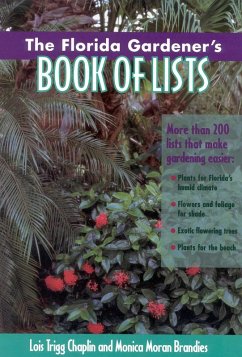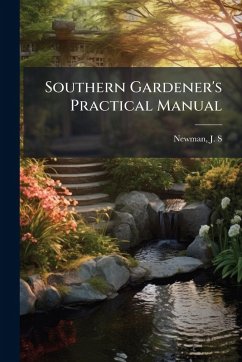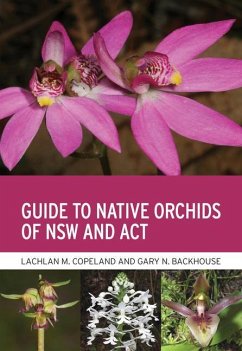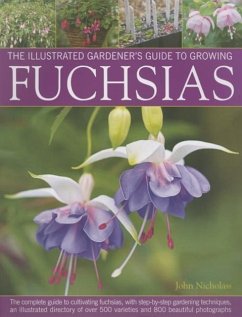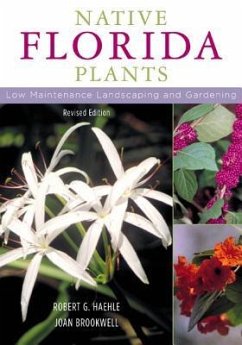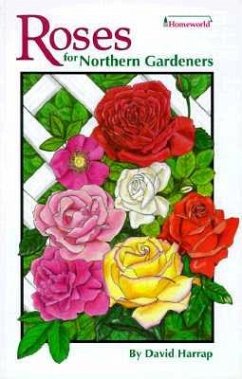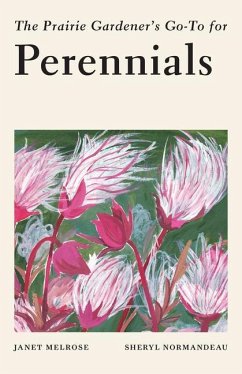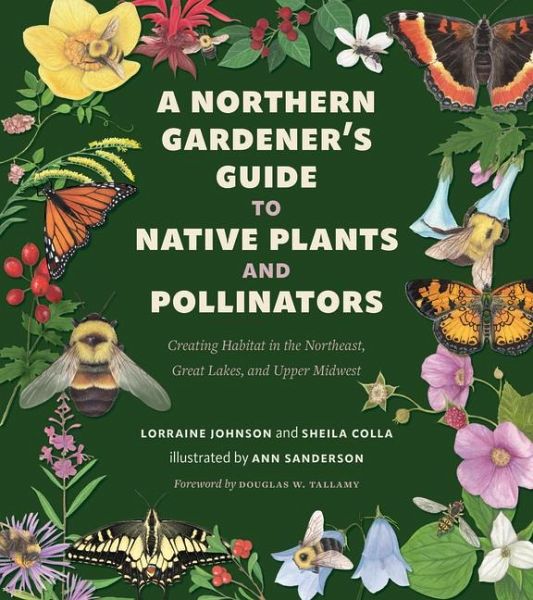
A Northern Gardener's Guide to Native Plants and Pollinators
Versandkostenfrei!
Versandfertig in über 4 Wochen
26,99 €
inkl. MwSt.

PAYBACK Punkte
13 °P sammeln!
With many pollinators threatened, gardeners can make a real difference by planting native species that support these amazing creatures. If you're a gardener (or aspiring gardener) in the northern US, this beautiful 4-color guide will become your go-to reference to the most beneficial plants in your area. Through profiles of more than 300 native plants, featuring lovely illustrations and photos, you'll discover everything you need to know about blooming periods, exposure, soil moisture, and good plant companions. You'll also find helpful tips about how to prepare your site and sample garden des...
With many pollinators threatened, gardeners can make a real difference by planting native species that support these amazing creatures. If you're a gardener (or aspiring gardener) in the northern US, this beautiful 4-color guide will become your go-to reference to the most beneficial plants in your area. Through profiles of more than 300 native plants, featuring lovely illustrations and photos, you'll discover everything you need to know about blooming periods, exposure, soil moisture, and good plant companions. You'll also find helpful tips about how to prepare your site and sample garden designs, whether you're growing black-eyed Susans on your balcony or a mix of native grasses, trees, shrubs, and vines in a community garden. Throughout, you'll discover the power of plants to not only enrich your personal environment but to support the pollinators necessary for a thriving planet.



